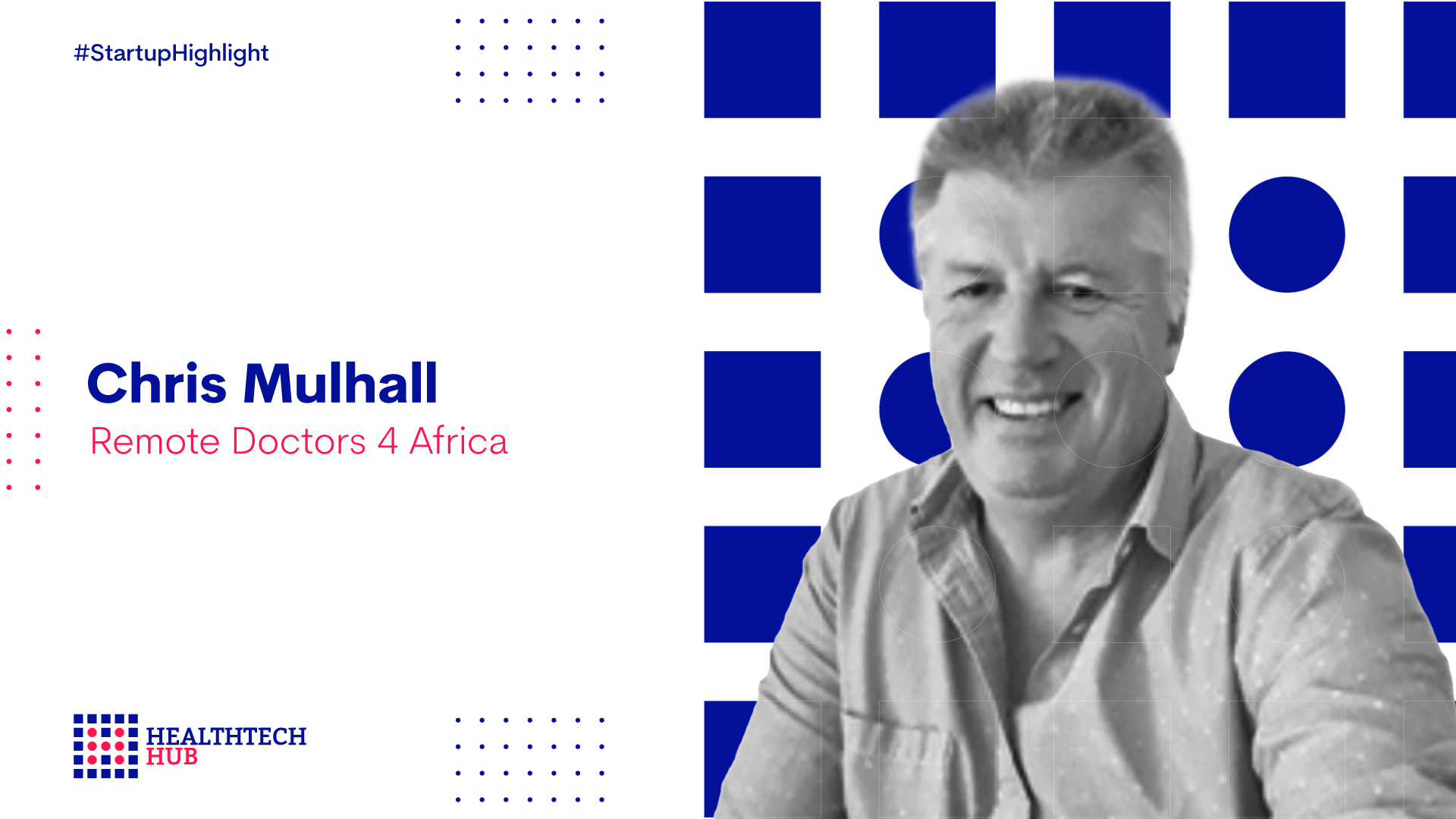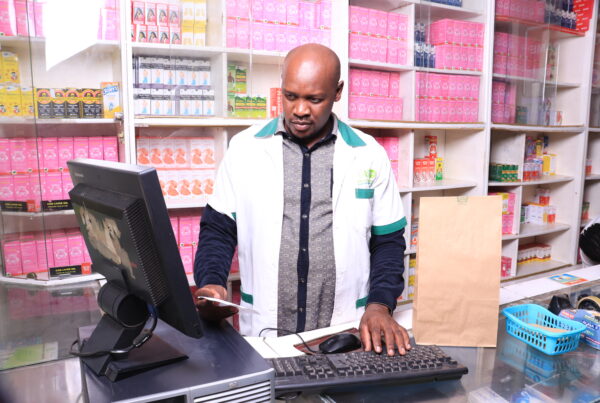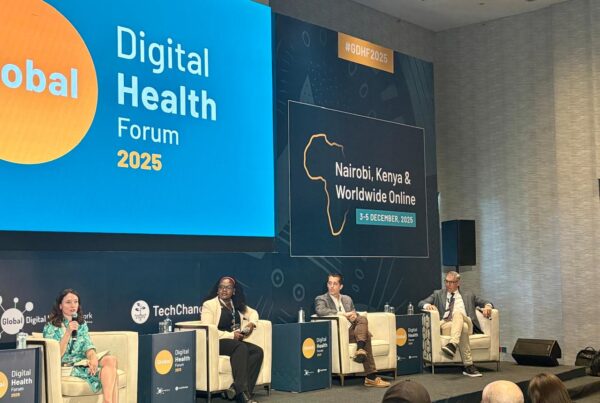Remote doctors 4 Africa (RD4A) is among the e-health startups that contribute to implementing many solutions in the healthcare industry using technology. The uniqueness of this company is that it offers hospital-quality primary healthcare in countries such as South Africa, Botswana, Ethiopia, and Zimbabwe, where doctors and specialists operate in real time but from remote locations.
The services rendered by Remote doctors for Africa are a digital consultancy management suite for doctors in general practice and medical specialists, as well as healthcare support services.
Additionally, it generates full access and participation to remote care units out in the field. Their service is done through the use of a Cloud-Based Health Ecosystem and the use of an application called “OKdoc.” This application allows doctors to work on patients virtually, regardless of where they are. It benefits patients, especially those living in places with few qualified medical doctors.
Remote Doctors 4 Africa, one of the top 30 startups selected as part of the HealthTech challenge, has an office within Norrsken House Kigali. This entrepreneurship hub offers community, capital, network, and advice to entrepreneurs with problem-solving startups.
Norrsken House Kigali, in partnership with the Novartis Foundation, initiated the HealthTech Hub Africa, an investment push to revolutionize the development of health technologies designed by Africans for use in Africa. More so, the Novartis Foundation aims to improve the health of low-income populations by working with local authorities and partners to enhance the health of low-income people.
“Remote Doctors 4 Africa is actively addressing the challenges African citizens face, like the lack of supporting telemedicine frameworks and policies, the digital barriers, and patient and healthcare personal biases. To effect change, you have to take the first step: toil the soil and plant the seeds one by one. Our strategy is to address the challenges through partnerships, building the foundation for engagement to bring health services and educational awareness programs for the public, thus improving access to digital platforms and affordability,” says Ernest Mhlongo, CEO of Remote Doctors 4 Africa.
Benefits That Come With Being Part of Remote Doctors 4 Africa Health Ecosystem & Using OKdoc.
With OKdoc, patients can book and attend healthcare consultations, which cancels missing appointment possibilities, provides ease of obtaining prescriptions, and manages repeat prescriptions.
Also, Patients get one-on-one attention from a skilled and vetted healthcare giver without needing to be in overcrowded clinics. It improves the overall healthcare consultation experience by providing patients with private, efficient, effective, and well-targeted treatment sessions.
Most importantly, the medical history is in an encrypted information vault that the patient at that time can access via a live video conference. Therefore, complete treatment records are automatically added to their digital medical history, thus reducing the amount of time needed for patients to fill out their forms. This whole process contributes to time management and automatic Privacy Legislation compliance.
Furthermore, the OKdoc application allows people living in rural places to access suitable treatment centers since most doctors or medical specialists reside in urban areas. This cuts down on travel expenses. The only requirement is an internet connection that allows interaction with online healthcare givers regardless of where they are and can save those who need immediate treatment. RD4A partners with mobile clinics and other infrastructure providers for this to occur, enabling access.
Clinics with inadequate medical personnel benefit from having the services of trained and qualified professionals. Lastly, it prevents infection possibilities for healthcare givers due to being close to patients. This is crucial, especially in seasons of outbursts of pandemics and epidemics. To conclude, RD4A promises to bridge the gap in healthcare by solving challenges associated with infrastructure and healthcare services inequity in rural communities while at the same time improving access to digital platforms and affordability.












